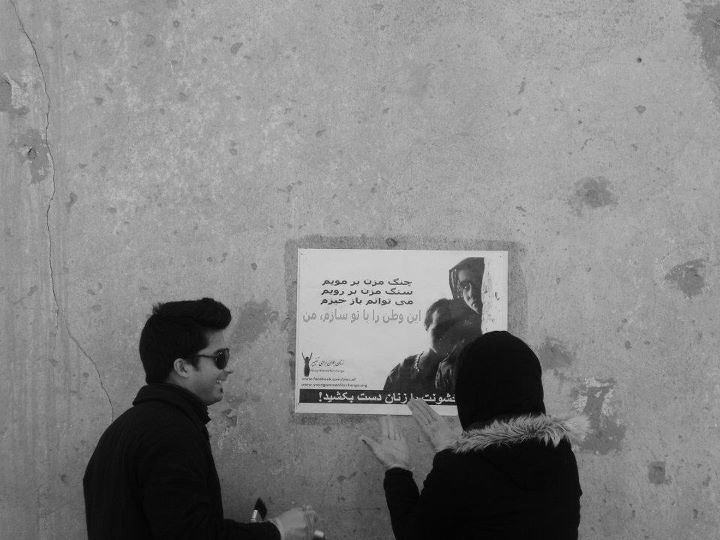 Join the day of online action against street harassment and sexual harassment, organized by activists in Egypt. If you’re on twitter, follow and/or use the hashtag #EndSH to see the conversation and help bring attention to this issue. Blog, write Facebook updates.
Join the day of online action against street harassment and sexual harassment, organized by activists in Egypt. If you’re on twitter, follow and/or use the hashtag #EndSH to see the conversation and help bring attention to this issue. Blog, write Facebook updates.
Egypt Independent is tracking the online conversation live on their blog.
USA Today published a great article today about anti-street harassment activism in Egypt, Lebanon, Yemen, and Saudi Arabia. I even get a quote in there.
“In Yemen, where most women are fully covered from head to toe, harassment can be just as likely as in Lebanon, where it is not unusual to see women wearing skin-revealing clothing. This has prompted initiatives in both countries, such as the Safe Streets Campaign in Yemen, which maps reports of harassment.
“As a woman in Yemen, harassment is almost a given on the streets and on public transportation. It doesn’t matter how you dress or behave — simply being a woman is reason enough to be targeted,” said Sara Ishaq, a Yemeni filmmaker.
Nawal Saadawi, an Egyptian feminist author once jailed for writings that include criticisms of Islamic customs regarding women, said the Arab Spring has handed women an opportunity.
“Women are taking part in all the revolutions because they want to change patriarchy, to change history and to change the whole system,” she said.
In May, a woman in Saudi Arabia challenged police who tried to throw her out of a shopping mall for wearing nail polish. “It’s none of your business,” she yelled in a confrontation filmed by camera phone and posted on YouTube. The video was viewed 1 million times in a few days.
By fighting back, women in the region hope that they not only can walk free from harassment but that such a change will usher in more rights and opportunities.
“I get sexually harassed because it’s an issue of power,” said Hobeissi of Nasawiya in Lebanon, “but women in leadership positions will transform how society perceives women in general.”
And there’s a new bystander video about what men can say to men who harass women on the streets, via HarassMap in Egypt:


